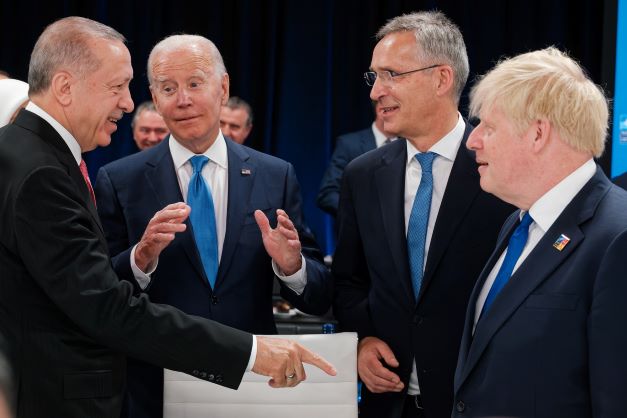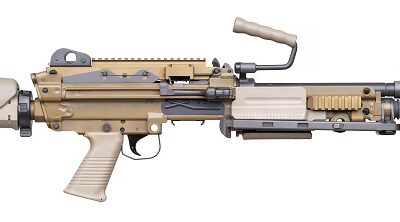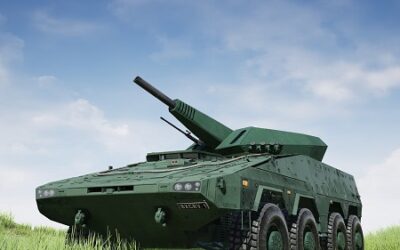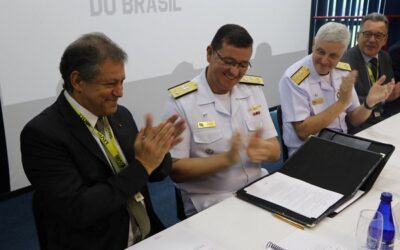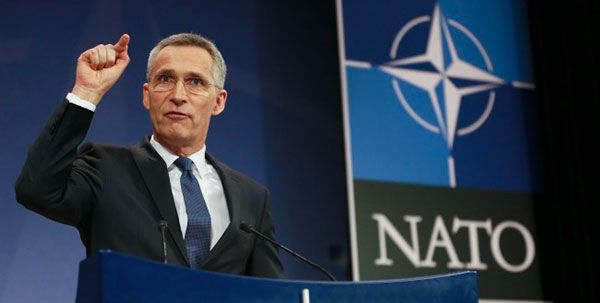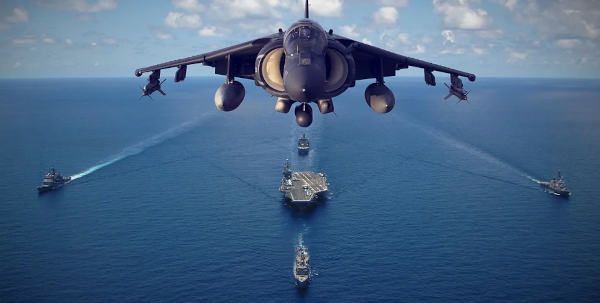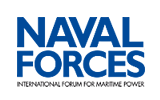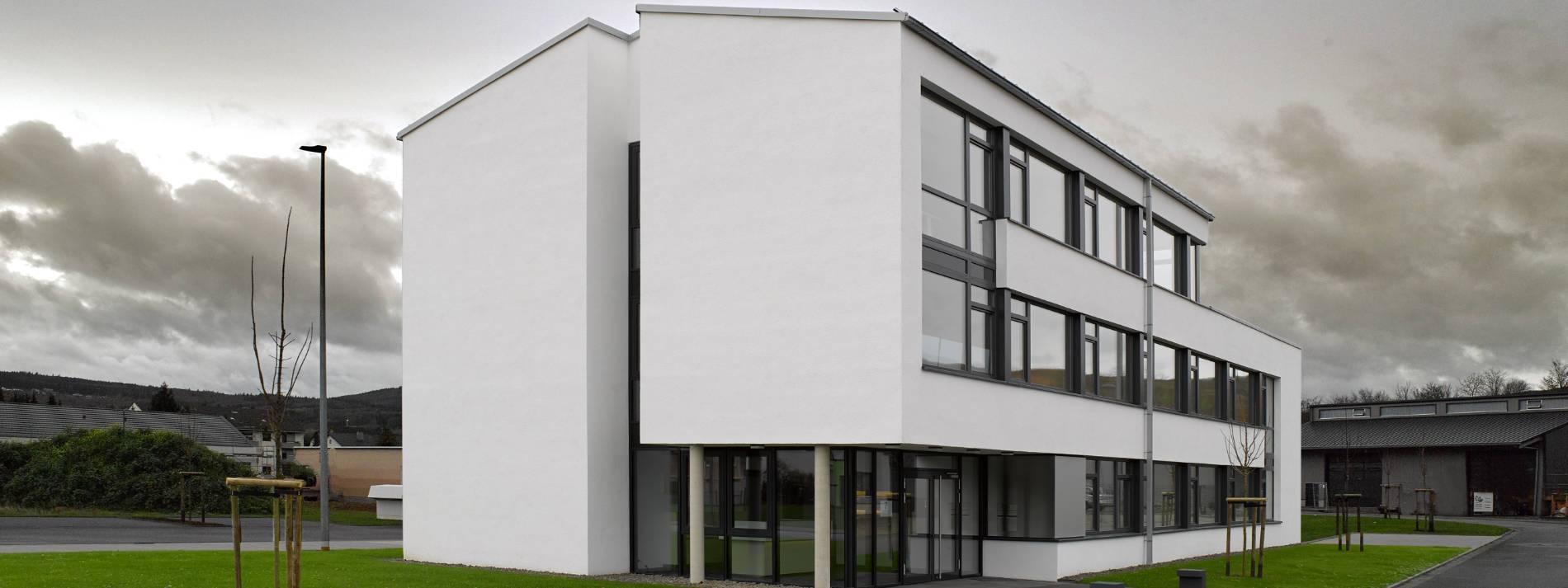Actions Accompany Rhetoric in Madrid
NATO has branded Russia as its “most significant and direct threat” in the new Strategic Concept, approved by the Alliance’s General Assembly on 29 June in Madrid.
The Concept comes twelve years, many geopolitical shifts, and a European war after the previous one. The latter, which called Russia a “strategic partner“, was approved in 2010, at a leaders’ meeting that saw the participation of then-Russian President Dmitry Medvedev. Now, however, the wording used in the Compass and the entire posture, deterrence, defence and dimensions of the Alliance have drastically changed. The 49-page document mentions Russia 14 times and warns against Moscow’s intention to “establish spheres of influence and direct control through coercion, subversion, aggression and annexation [and stresses] We cannot discount the possibility of an attack against Allies’ sovereignty and territorial integrity.”
And words come with actions. On the same day, leaders confirmed the decision to increase the readiness force to 300,000 troops by next year, marking the highest NATO building-up since the Cold War, almost ten times that prior to the invasion of. NATO’s Secretary General, Jens Stoltenberg, says the idea is to have a force ready to act “within ten days – and the second part will be ready within 30 days.”
The forces “will be paid” and organised by the various Allied nations, “based in their home countries but […] pre-assigned to specific territories,” mainly in the Eastern part of the Alliance. Simultaneously, NATO will bring the battlegroups to brigade level and pre-position “heavy equipment, fuel stocks and many other things they need to operate in that specific territory” in the pre-assigned territories.
In the meantime, as part of the Alliance’s strengthening, leaders formalised NATO’s invitation to Sweden and Finland to join the Alliance. This happened after Turkey lifted its veto to their accession on 28 June, inspired by links of the two countries with the PKK. In exchange for Ankara’s green light, Stoltenberg said, the two will be working with Turkey on issues linked to “fight against terrorism.”
Regarding timing for completing the accession, Stoltenberg said he hopes the 30 parliaments will ratify the procedure “as soon as possible,” pointing out that the process for Helsinki and Stockholm has been “the fastest process ever” – less than two months. Asked if membership will imply the two countries hosting permanent NATO bases, Stoltenberg said the Alliance would make sure to be “able to defend all allies,” especially in using the pre-assigned forces.
Indo-Pacific
NATO’s meeting also marked a definitive enlargement of interest towards the Indo-Pacific, where China’s aggressive rhetoric on Taiwan, coercive behaviour in the South China Sea, military build-up, partnership with Russia and disinformation are considered increasingly concerning. Indeed, the country was for the first time included in the Strategic Concept, not yet as an adversary but as a country whose actions “challenge [NATO’s] interests, security and values.”
In the meantime, the Alliance is strengthening cooperation with Australia, Japan, New Zealand and South Korea – particularly in “cyber defence, new technologies, maritime security and climate change,” Stoltenberg concluded.
Caterina Tani reporting from Brussels for MON

